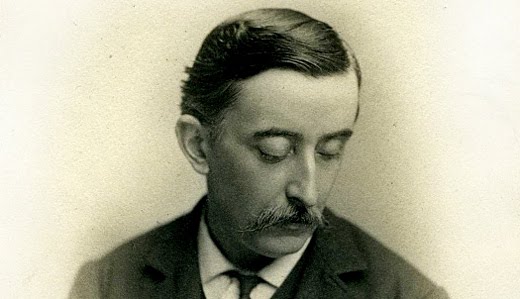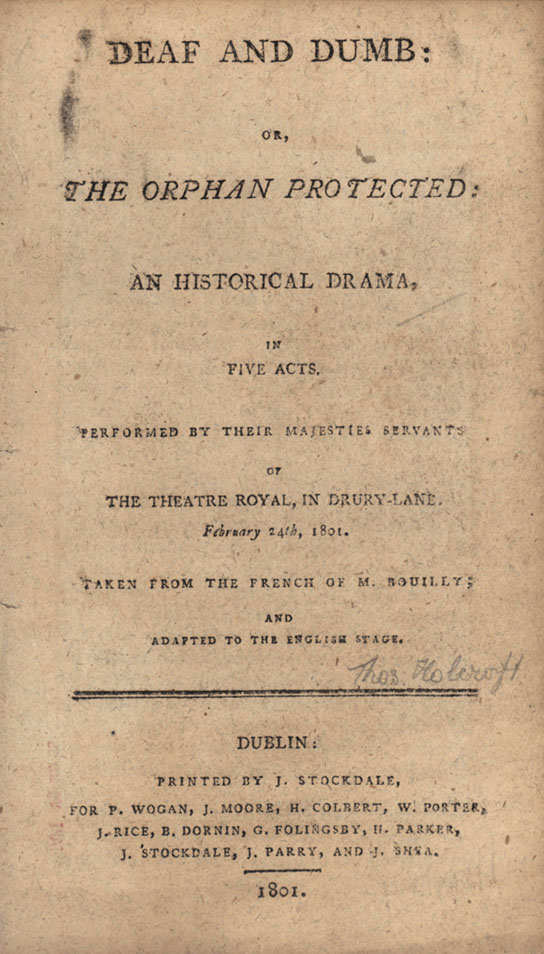By Kevin Grace
From the Cincinnati winter of 1874, over 140 years ago:
It is in all times a rugged road to the Place of Nameless Graves – a road running over rolling ground, where vehicles rock from side to side like ships in a gale and groan in all their timbers. “Rattle his bones over the stones, He’s only a pauper whom nobody owns.” Hundreds of paupers’ bones are rattled over that road every year: the Undertaker always sending out three or four at a time in a covered wagon, with frightfully stiff springs. And as the dismal vehicle rolls along the coffins rattle and bump one against the other fearfully from side to side, and bump horribly against the thinly-lined walls of those long and ghastly boxes.

This article, “Golgotha, A Pilgrimage to Potter’s Field”, was written for the Cincinnati Enquirer on November 29 that year by an odd, bulging- eyed Irishman by the name of Lafcadio Hearn. Hearn, who would chronicle the lowlifes, ghosts, and murderers of Cincinnati for several years before moving on to New Orleans, eventually settled in Japan where even today he is revered as a major literary figure. He made his journalistic mark in Cincinnati because he explored the alleys and tenements and riverside settlements that housed the city’s worst and most colorful citizens. He explored the lives of criminals and addicts, of mediums and flim-flam men, and of those who dealt with the underbelly of Cincinnati society. And he did it by letting them tell their stories, by involving himself in his own reporting, by writing in the authentic dialect of the storytellers, and by thrilling his readers nearly every day with a world in which they seldom visited. Continue reading →



